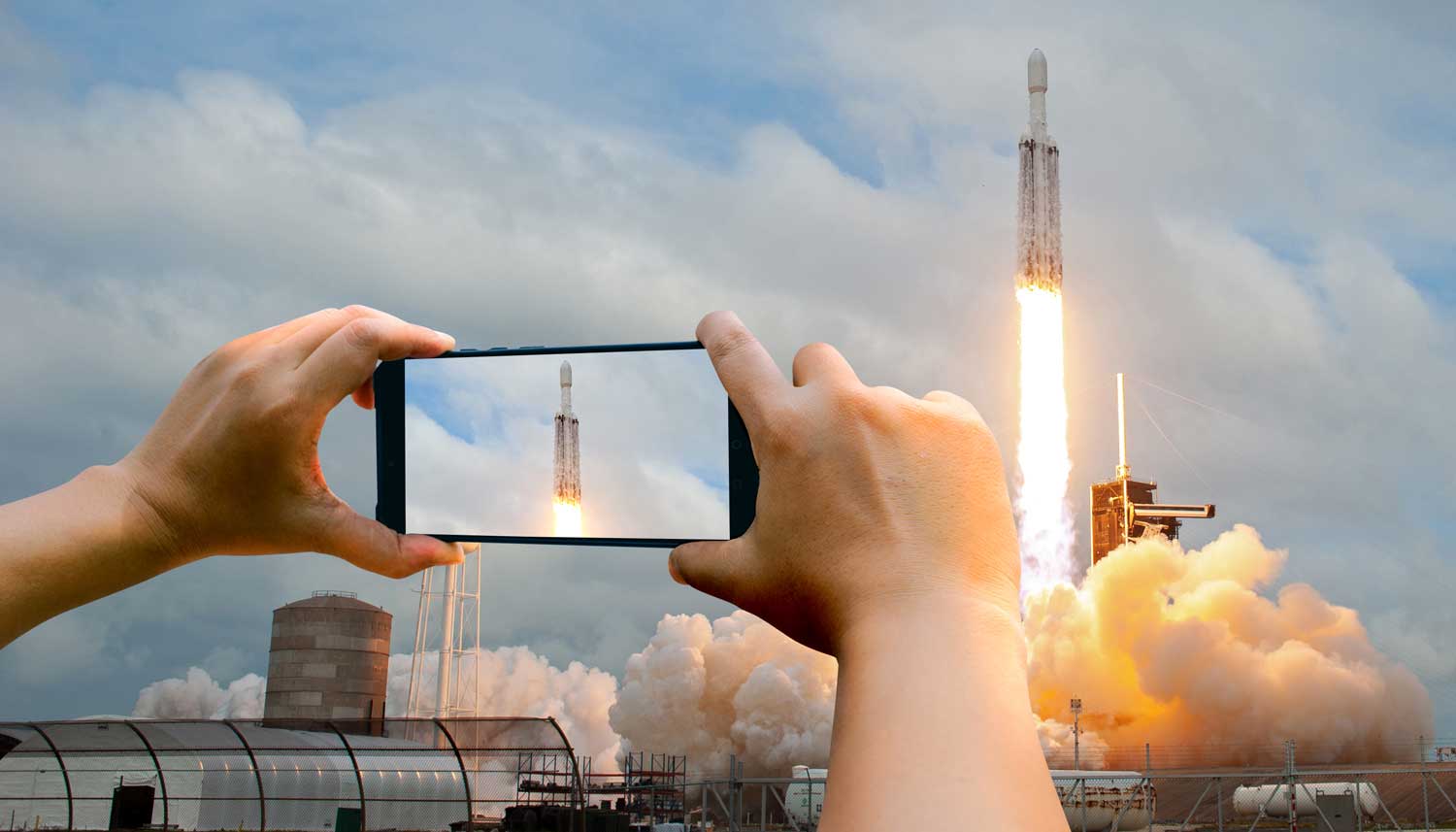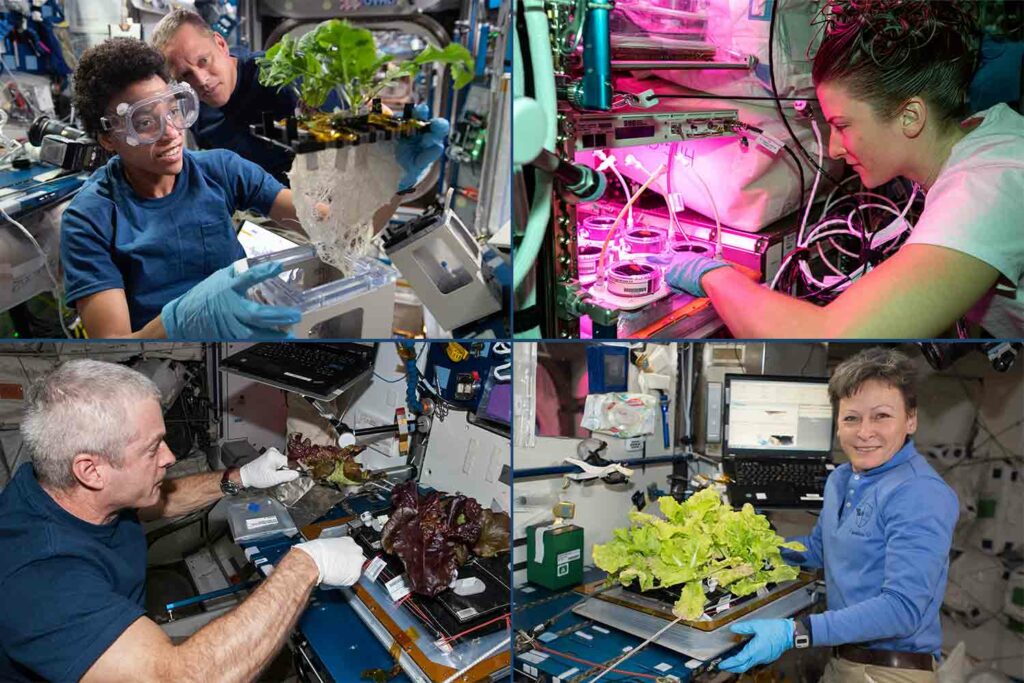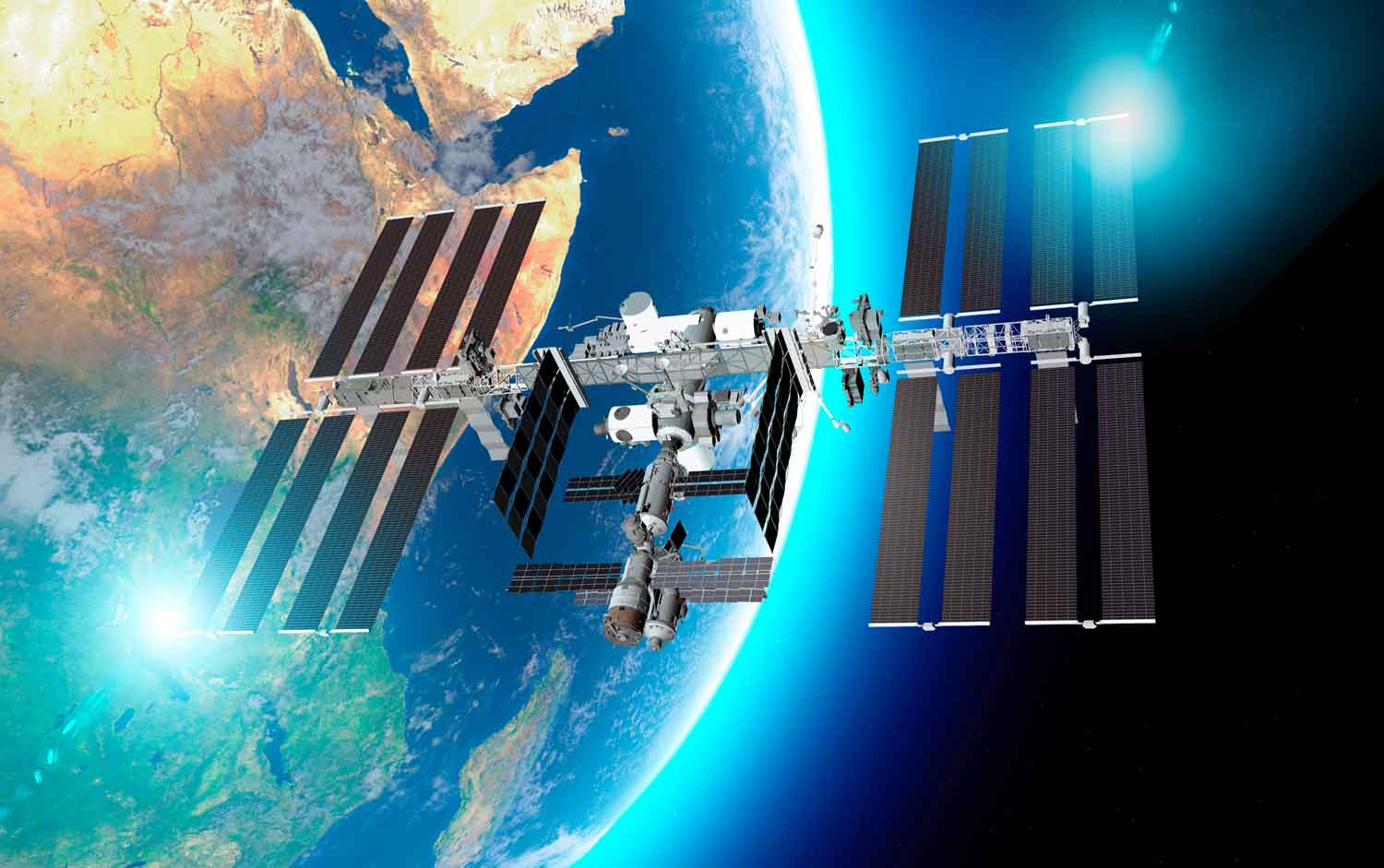The Case of the Missing Tomatoes
After several months, two tomatoes lost aboard the International Space Station have been found.
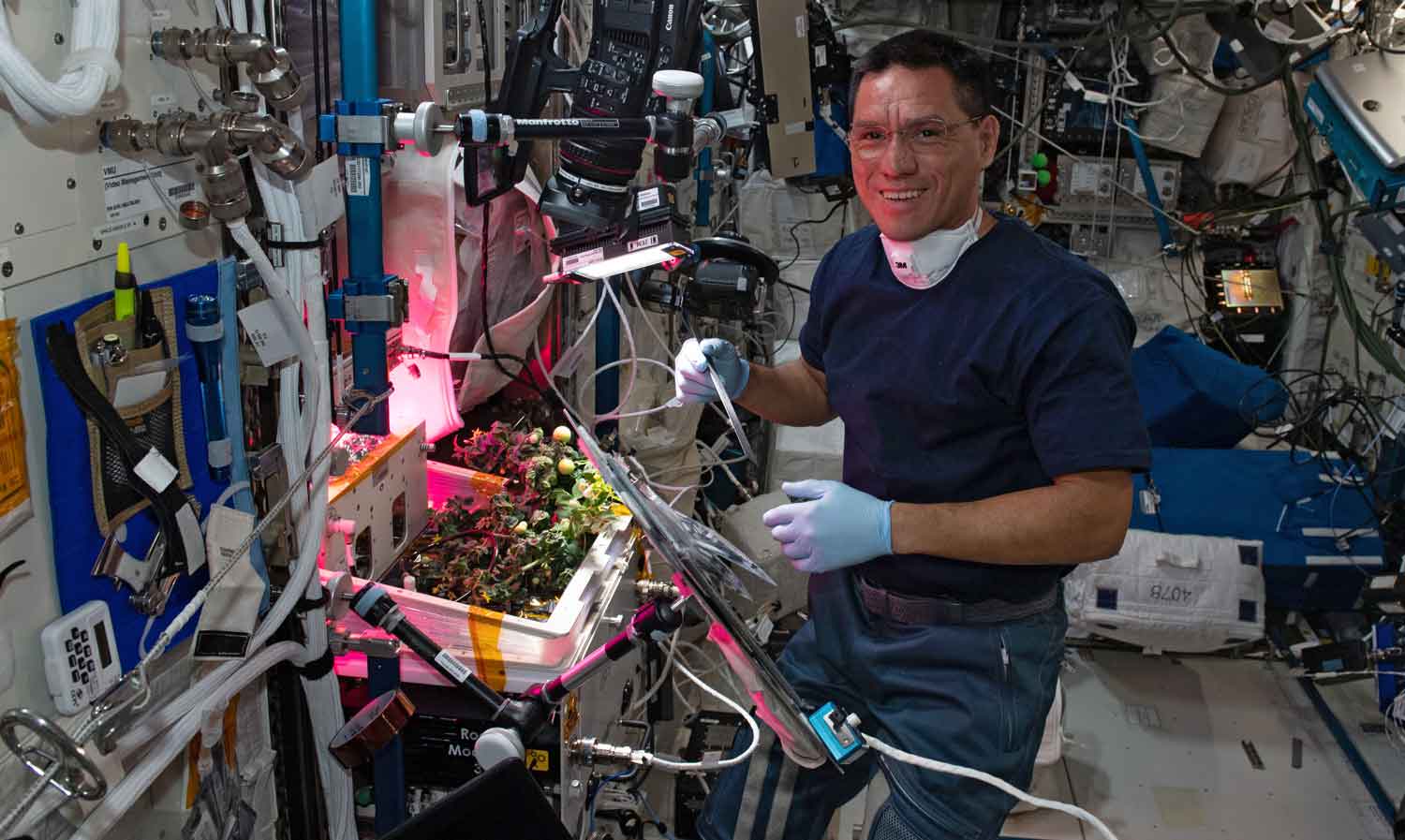
Koichi Wakata—Japan Aerospace Exploration Agency/NASA/JSC
Astronaut Frank Rubio lost tomatoes he’d grown aboard the International Space Station. Months later, the tomatoes were found.
Astronauts aboard the International Space Station (ISS) have finally solved a problem that vexed them for months: they’ve located two missing tomatoes.
The dwarf tomatoes were grown aboard the space station as part of ongoing research to see how well plants grow in space. But in March, shortly after U.S. astronaut Frank Rubio harvested the fruit, he lost it—which may be understandable, given that anything on the station that’s not tied down will float away.
“I put it in a little bag, and one of my crewmates was doing a [remote] event with some schoolkids, and I thought it’d be kind of cool to show the kids—‘Hey guys, this is [a] tomato harvested in space’,” Rubio said in October. “I was pretty confident that I Velcroed it where I was supposed to Velcro it … and then I came back and it was gone.”
Rubio spent hours searching unsuccessfully for the tiny tomatoes. Meanwhile, other astronauts jokingly accused him of eating them. Then, in September, it was time for him to return to Earth. Because the ISS is a low-humidity environment, Rubio predicted the fruit would quickly shrivel and become unrecognizable.
Then, in December, the good news came. The two tomatoes had turned up.
“Our good friend Frank Rubio, who headed home [already], has been blamed for quite a while for eating the tomato,” NASA astronaut Jasmin Moghbeli said during a December 6 livestreamed event celebrating the 25th anniversary of the ISS. “But we can exonerate him. We found the tomato.”
Mystery solved!
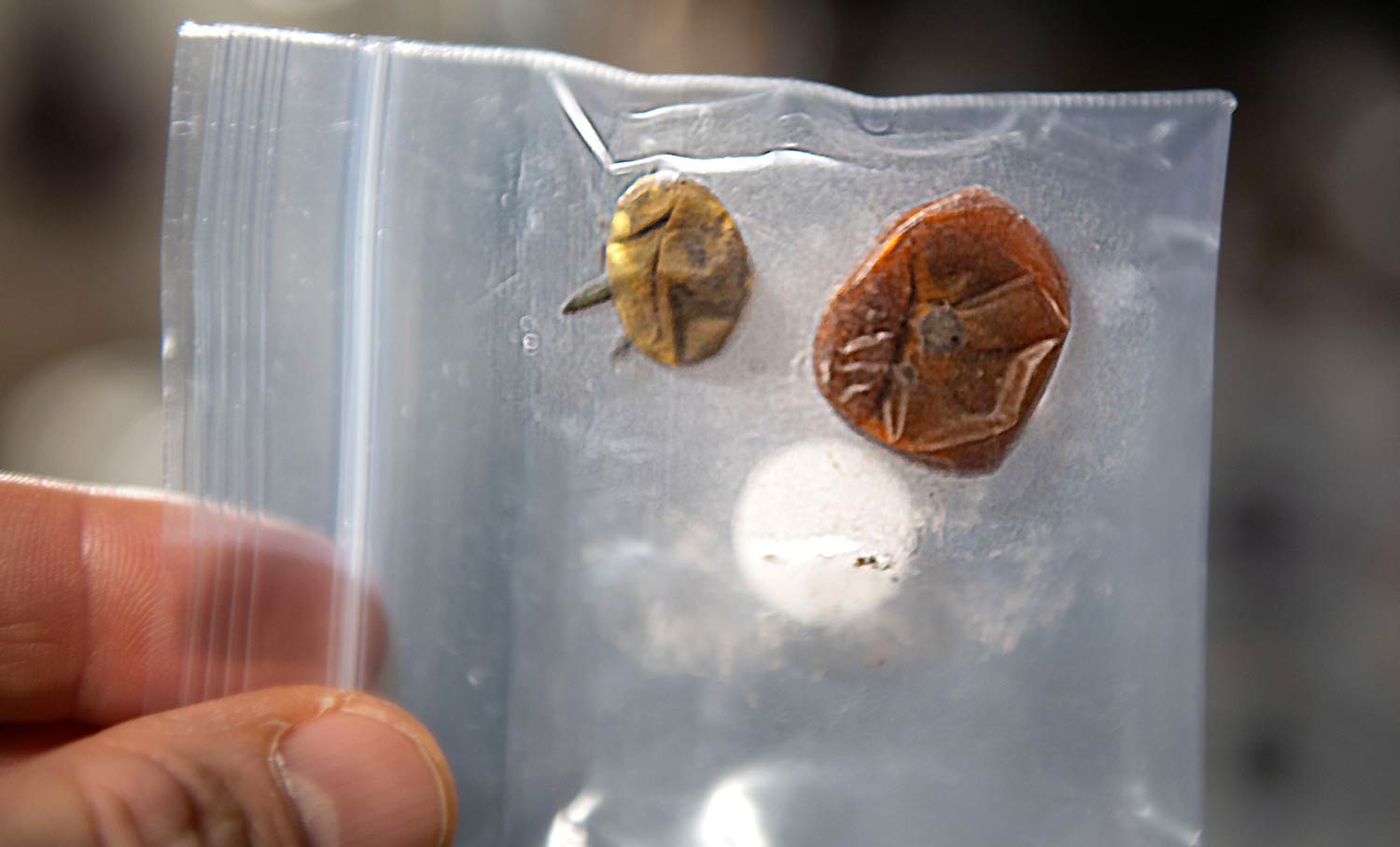
NASA/JSC
The tomatoes finally turned up, slightly worse for wear.
